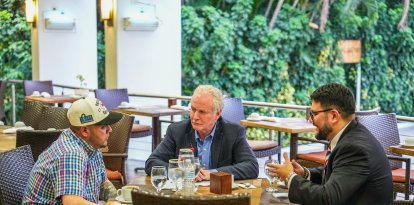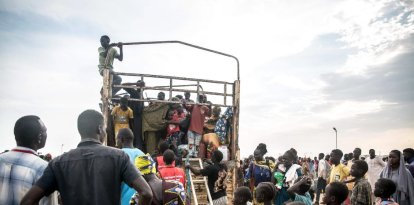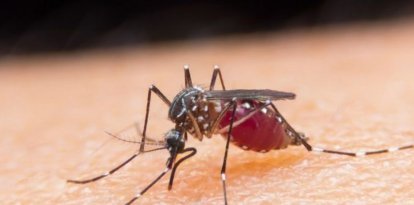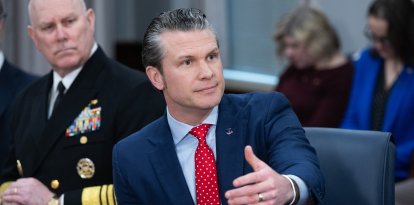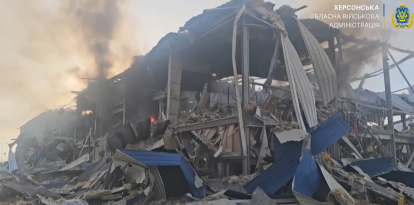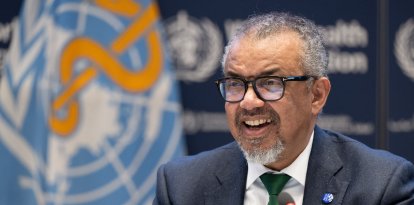Russia and North Korea strengthen their relationship with Putin's first trip to the communist country in two decades
It is expected that bilateral agreements in key areas such as defense and trade will be formalized during the visit.
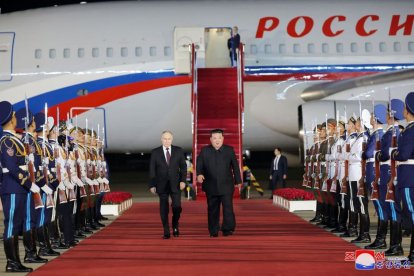
(AFP Photo /KCNA VIA KNS)
Russian President Vladimir Putin made a historic visit to North Korea to strengthen ties between Moscow and Pyongyang. This meeting marked his first visit to the isolated country in more than two decades, underscoring a strategic step with potentially significant regional and global repercussions.
Putin was greeted with a ceremonial welcome by North Korean leader Kim Jong-un and the two leaders then had a lively conversation before heading together to the Kumsusan State Guest House, where Putin will stay during his visit.
Itinerary and possible agreements
Putin's itinerary will reportedly include private talks with Kim, as well as a gala concert, a state reception, the signing of agreements and a joint statement to the media. Although no specific details have been revealed about the agreements that could be signed, it is speculated that they could strengthen bilateral cooperation in areas such as defense and trade.
Experts such as Bruce Bennett, a senior defense analyst at the RAND Corporation, a South Korean newspaper, suggest that North Korea could offer military supplies to Russia in exchange for advanced technology and economic support.
In addition, Putin announced that he would explore “alternative trade and mutual settlements mechanisms not controlled by the West” with North Korea to resist “illegitimate unilateral restrictions.”
International attention
Meanwhile, the international community is closely watching this visit, which comes days after a, where support for Ukraine was reaffirmed and strategies to counter Russia's actions were discussed.
Washington has already raised concerns over possible exchanges that could increase military pressure on Ukraine and tensions on the Korean Peninsula, which already faces friction along the North-South border.
"We know North Korean ballistic missiles are still being used to hit Ukrainian targets (and) there could be some reciprocity here that could affect security on the Korean peninsula," said U.S. National Security Council spokesman John Kirby.
RECOMMENDATION
